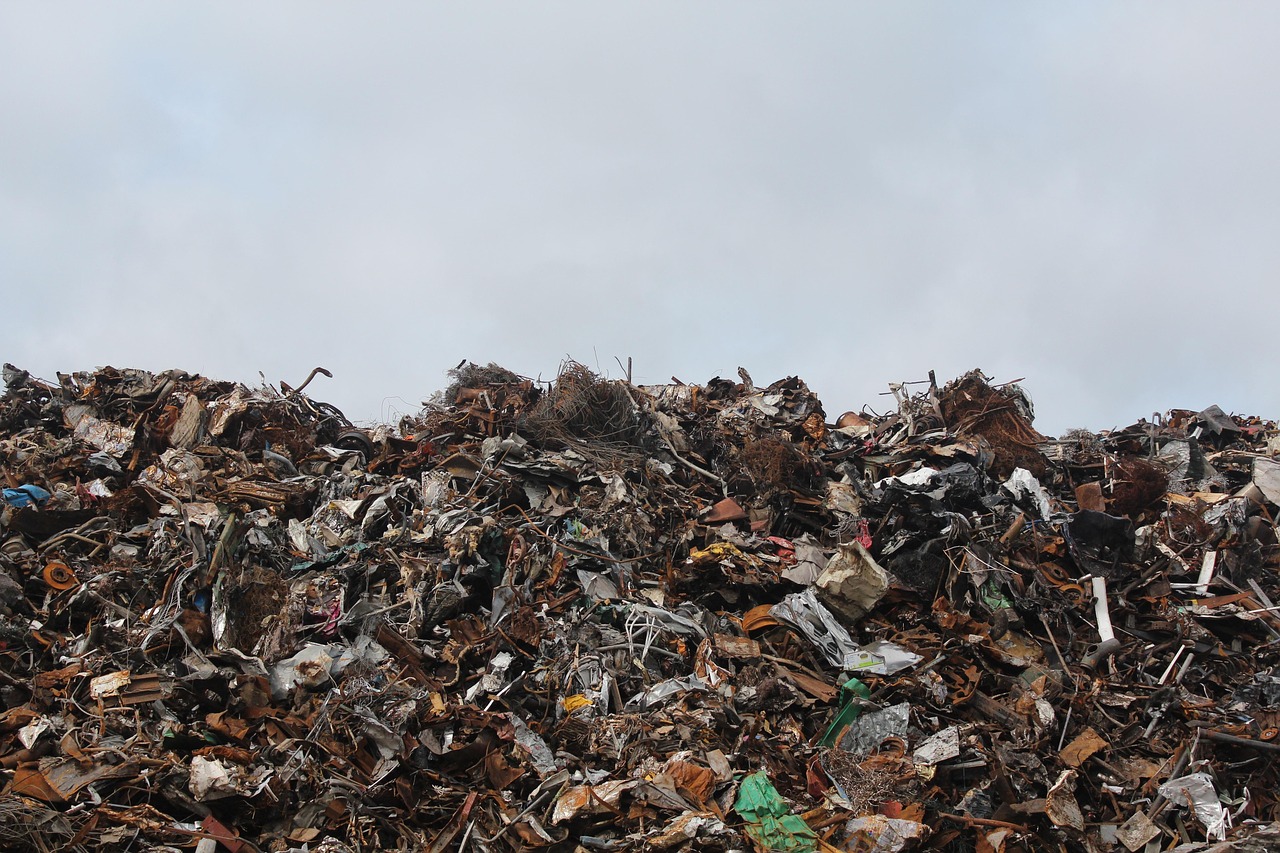Sustainable Luggage Buying Guide: Eco-Friendly Travel Bags
Sustainable travel insights and guidance
Choosing sustainable luggage is an important step toward more responsible travel. From materials to manufacturing processes, every aspect of luggage production can impact the environment. Here's your complete guide to selecting eco-friendly luggage that's both sustainable and functional.
🌍 Why Sustainable Luggage Matters
Sustainable luggage is made from eco-friendly materials, produced with minimal environmental impact, and designed for durability. It often supports environmental causes and uses fair trade practices. The right sustainable luggage can last for decades while supporting your sustainable travel goals.
 Recycling
Recyclingg" style="max-width: 100%; height: auto;"> Recycling
🌿 Sustainable Materials for Luggage
Understanding sustainable materials helps you make informed choices about luggage that aligns with your environmental values.
Recycled Polyester
Made from recycled plastic bottles and other waste materials, recycled polyester reduces waste while providing durability.
✅ Pros:
- Reduces plastic waste
- Durable and water-resistant
- Lightweight
- Affordable
- Widely available
⚠️ Cons:
- Still synthetic material
- May not be biodegradable
- Requires energy to produce
Organic Cotton
Grown without harmful pesticides and chemicals, organic cotton is a natural, biodegradable option for luggage.
✅ Pros:
- Natural and biodegradable
- No harmful chemicals
- Breathable
- Supports sustainable farming
- Comfortable
⚠️ Cons:
- May not be as durable
- Requires more water to grow
- Can be more expensive
Recycled Nylon
Made from recycled fishing nets and other nylon waste, recycled nylon provides durability while reducing ocean waste.
✅ Pros:
- Reduces ocean waste
- Very durable
- Water-resistant
- Lightweight
- Supports ocean cleanup
⚠️ Cons:
- Still synthetic material
- May not be biodegradable
- Can be expensive
Natural Materials
Materials like hemp, jute, and bamboo provide natural alternatives to synthetic luggage materials.
✅ Pros:
- Natural and biodegradable
- Renewable resources
- Unique appearance
- Supports sustainable farming
- Often locally sourced
⚠️ Cons:
- May not be as durable
- Limited availability
- Can be more expensive
🏷️ Certifications to Look For
Certifications help you identify luggage that meets specific environmental and social standards.
🔧 Features to Consider
When choosing sustainable luggage, consider features that enhance durability, functionality, and environmental impact.
🏢 Sustainable Luggage Brands
Several brands specialize in sustainable luggage with strong environmental and social commitments.
💰 Budget Considerations
Sustainable luggage often costs more upfront but provides better value over time through durability and repair services.
🧳 Types of Sustainable Luggage
Different types of luggage serve different travel needs while maintaining sustainability principles.
🔍 How to Evaluate Sustainability
When evaluating luggage sustainability, consider multiple factors beyond just materials.
🌍 Making the Right Choice
Choosing sustainable luggage is about finding the right balance between environmental impact, functionality, and budget. The most sustainable luggage is often the luggage you already own, so consider repair and maintenance before buying new items.
Key Principles:
- Durability: Choose luggage that's built to last and can be repaired
- Materials: Look for sustainable, recycled, or natural materials
- Certifications: Support companies with strong environmental and social commitments
- Functionality: Choose luggage that meets your travel needs
- Value: Consider long-term value over upfront cost
Remember: The most sustainable luggage choice is often the one that lasts the longest and serves your needs most effectively. Focus on quality, durability, and repair services to maximize the value and sustainability of your luggage investment.